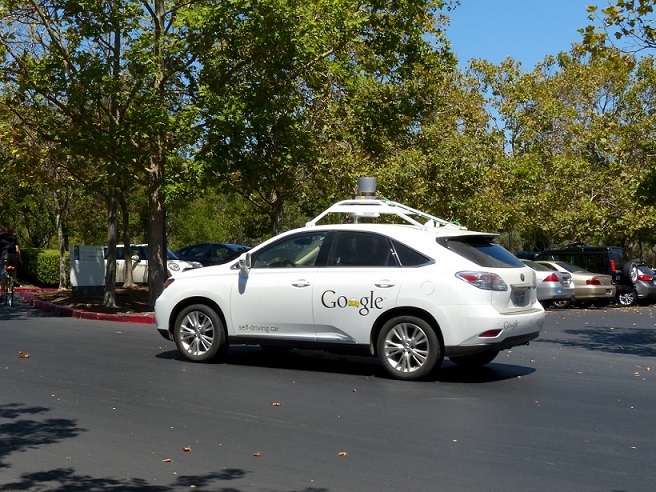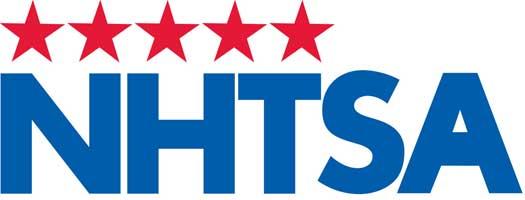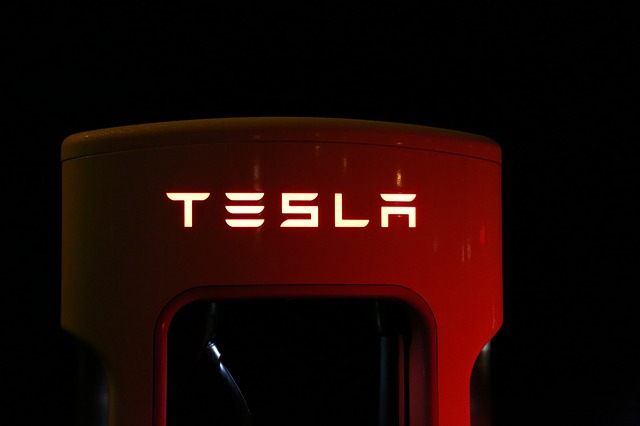Now Reading: U.S. self-driving car legislation receives criticism from auto safety advocates
-
01
U.S. self-driving car legislation receives criticism from auto safety advocates
U.S. self-driving car legislation receives criticism from auto safety advocates

A coalition of auto safety supporters criticized a bill before the U.S. Congress that would permit automakers eventually to sell up to 100,000 self-driving vehicles on annual basis if they could show they are as safe as existing automobiles.
The step, the first considerable federal legislation targeted at speeding self-driving vehicles to market, would enable automakers to win exemptions from safety standards for self-driving cars without human controls and bar states from enforcing performance requirements.
Recently, U.S. Senator John Thune, stated they actually reached a bipartisan deal on the legislation.
The Senate Commerce Committee will vote on the procedure on Wednesday, but may likewise vote on whether to include bigger trucks. The United States House unanimously passed a similar bill in early September that did not consist cars above 10,000 pounds.
Existing law restricts automobiles without human controls.
“The public will be the crash-test dummy for this unsafe experiment,” former National Highway Traffic Safety Administration (NHTSA) chief Joan Claybrook informed a conference call with reporters on Tuesday, arguing the auto industry “is basically attempting to deregulate auto safety.”
Jason Levine, who heads the Center for Auto Safety, stated on the call there was a “lack of corporate caution in the rush to be first to get self-driving cars on the road.”
General Motors, Alphabet, Ford Motor and others have lobbied for the legislation to accelerate deployment of self-driving vehicles without human controls.
Stay Informed With the Latest & Most Important News
Previous Post
Next Post
-
 01Polestar Boss Says It’s Time To Outrun BMW M And Mercedes-AMG
01Polestar Boss Says It’s Time To Outrun BMW M And Mercedes-AMG -
 02Spy Shots: 2027 Mitsubishi Pajero Spotted in Testing Ahead of Possible U.S. Return
02Spy Shots: 2027 Mitsubishi Pajero Spotted in Testing Ahead of Possible U.S. Return -
 032026 Toyota Hilux EV: A Powerful Truck with Silent Torque
032026 Toyota Hilux EV: A Powerful Truck with Silent Torque -
![2027 Mercedes-Benz S-Class Debuts with V8 Engine [Photo Gallery]](https://speedlux.com/wp-content/uploads/2026/01/2027-Mercedes-Benz-S-Class-33-155x125.jpg) 042027 Mercedes-Benz S-Class Debuts with V8 Engine [Photo Gallery]
042027 Mercedes-Benz S-Class Debuts with V8 Engine [Photo Gallery] -
 052026 Corvette ZR1 Production Surges Past Expectations as Output Clears 1,000 Units
052026 Corvette ZR1 Production Surges Past Expectations as Output Clears 1,000 Units -
 06Spy Photos: VW ID. Polo GTI Goes Electric with 223 HP and 280 Miles of Range
06Spy Photos: VW ID. Polo GTI Goes Electric with 223 HP and 280 Miles of Range -
 07Hyundai Palisade’s Breakout Year Shows How Quickly the Market Can Turn
07Hyundai Palisade’s Breakout Year Shows How Quickly the Market Can Turn



![2027 Mercedes-Benz S-Class Debuts with V8 Engine [Photo Gallery]](https://speedlux.com/wp-content/uploads/2026/01/2027-Mercedes-Benz-S-Class-33-700x394.jpg)











































